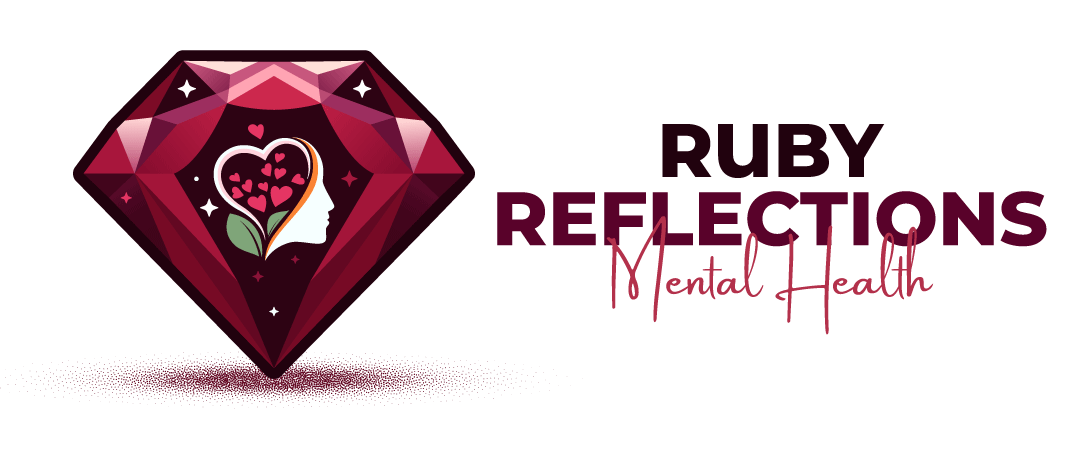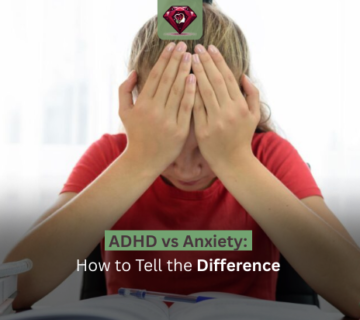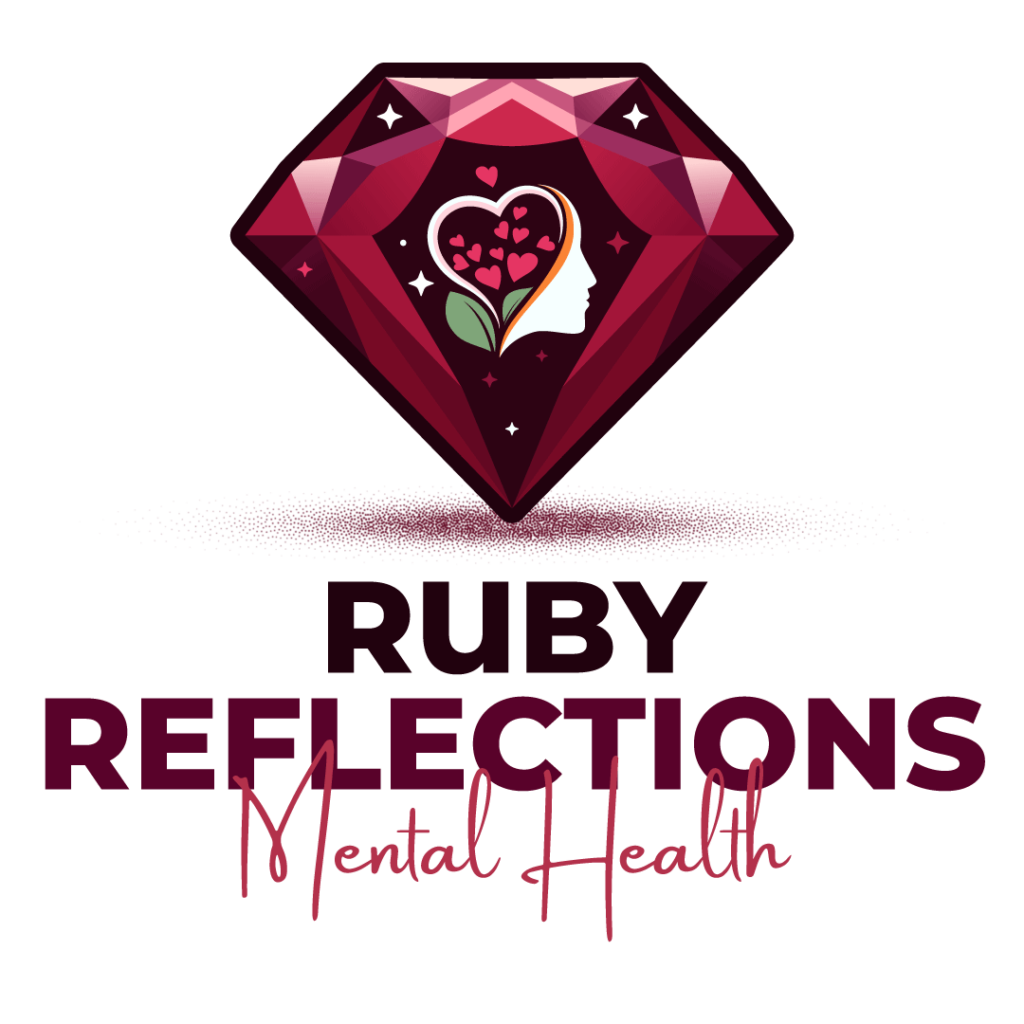Do you start things but struggle to finish them? Forget what you’re saying mid-sentence?
They are indicators that your executive functions, the brain skills that assist you to plan, concentrate and get things to work, are being influenced by ADHD.
Simple everyday activities are tiresome when the executive functions fail to work as intended.
Here’s what’s happening and what you can do about it.
What Exactly Are Executive Functions?
Executive functions refer to the mental abilities that encompass working memory, flexible thinking and control over oneself.
They assist you in concentration, taking instructions and controlling emotions. These skills arise in most people over time as they grow into adulthood in their twenties.
With ADHD, these functions do not work the same.
Not worse, differently. Understanding this difference is the first step toward working with your brain instead of fighting against it.
Working Memory Problems
Working memory holds information while you use it. Think of it as your mental workspace. With ADHD, this workspace gets cluttered fast.
You might notice:
- Entering a room and forgetting why you came there
- The inability to remember what you were doing after minor distractions
- Not being able to follow multi-step instructions
- Being unable to remember what you wanted to say when you are talking to someone
- Having trouble with mental math or remembering numbers
- Getting halfway into projects, losing all focus in the process
This is not confined to memory alone. It affects your perceptions when communicating, undertaking activities or handling tasks, and maintaining order in the day.
Poor Impulse Control
Inhibition is your brain’s pause button. It helps you think before acting. ADHD makes this pause button less reliable.
Common experiences include:
- Interrupting people even when you don’t mean to
- Making purchases you regret later
- Saying things without considering the impact
- Acting on urges despite knowing better
- Struggling to wait your turn
- Getting distracted by interesting but irrelevant things
You’re not rude or thoughtless. Your brain just processes the “wait a second” signal differently than others.
Mental Flexibility Gets Stuck
Cognitive flexibility lets you adapt to changes and switch between tasks. With ADHD, your brain can get locked onto one approach even when it’s not working.
This might show up as:
- Hyperfocusing on problems with one solution in mind
- Struggling when plans change unexpectedly
- Having trouble transitioning between activities
- Resisting new ways of doing familiar tasks
- Getting overwhelmed when routines are disrupted
- Missing alternative solutions that seem obvious to others
Your brain works hard to maintain focus, so switching gears requires extra effort.
Planning Becomes Overwhelming
Planning means figuring out the steps between where you are and where you want to be. Prioritization means deciding what matters most when you can’t do everything.
Both can feel impossible when:
- You know what needs doing, but can’t figure out where to start
- Small tasks take up time meant for essential deadlines
- Everything feels equally urgent
- Breaking big projects into steps seems more complicated than just doing them
- Time estimates are consistently wrong
- To-do lists become sources of stress rather than help
You end up busy all day but not accomplishing what you intended.
Starting Tasks Feel Hard
Task initiation is simply beginning something. But with ADHD, getting started can be the hardest part of any job.
You might experience:
- Thinking about tasks longer than they’d take to complete
- Needing external pressure or deadlines to begin
- Feeling paralyzed by multiple options or steps
- Avoiding simple tasks because they feel overwhelming
- Creating complex rituals just to build momentum
- Working best under pressure or at the last minute
Once you start, tasks often aren’t as difficult as your brain made them seem. Getting to that starting point is the challenge.
Organization Goes Beyond Messy Spaces
Organization in ADHD is about structuring thoughts, managing information, and creating systems that actually work.
Organizational challenges include:
- Losing things that are right in front of you
- Creating systems that make sense but don’t function
- Struggling to organize thoughts when speaking or writing
- Managing emails, paperwork, and digital files poorly
- Starting organizational systems but not maintaining them
- Having different organization methods for different areas of life
Physical and mental organization both require executive function skills that ADHD affects.
Self-Monitoring Gets Affected
Self-monitoring is your internal feedback system. It tells you how you’re doing and whether adjustments are needed. ADHD can make this system inconsistent.
You might not notice:
- When you’re talking too loudly or too much
- Social cues from other people
- When you’ve gotten off-topic in conversations
- Your emotions are escalating until they’re already high
- How your behavior affects others
- Patterns in your mistakes or successes
Your brain is managing so many other things that the monitoring system gets overwhelmed.
Your ADHD Pattern
Everyone with ADHD experiences these challenges differently. You might excel at cognitive flexibility but struggle with task initiation.
Or have great working memory but find planning nearly impossible.
Consider that:
- Your strengths and challenges create a unique pattern
- Some situations make symptoms worse or better
- Stress, sleep, and environment all affect how your brain works
- What works for other people with ADHD might not work for you
- Your ADHD might look nothing like someone else’s
Understanding your specific pattern helps you develop strategies that fit your life.
Getting Mental Health Support for ADHD
Recognizing these executive function differences is about understanding why certain things are more complicated for you and working with that.
Treatment and support can help:
- Medication often improves executive function significantly
- Therapy provides practical strategies for daily issues
- Lifestyle changes can support better brain function
- Understanding your brain reduces self-criticism and frustration
- Support systems make management much easier
ADHD means your brain works differently, not defectively. With proper support, these differences can become manageable parts of who you are.
Get Help Today
If this describes your experience, you’re not imagining things or making excuses.
At Ruby Reflections Mental Health, we provide comprehensive ADHD evaluations and treatment.
Executive function challenges affect real life, and we’re equipped to help you develop practical methods that work.
Our approach includes:
- Thorough evaluations that identify your specific challenges
- Medication management when appropriate
- Supportive therapy focused on daily life skills
- Support for individuals and families
- Telehealth options for convenient care
Contact Ruby Reflections Mental Health to schedule an evaluation and start working with your brain instead of against it.
FAQs
What are the 7 executive function areas affected by ADHD?
- Working memory struggles
- Impulse control issues
- Trouble with mental flexibility
- Problems with planning and priorities
- Difficulty starting tasks
- Organization troubles
- Self-awareness challenges
How can you support someone with ADHD executive function issues?
- Break big tasks into smaller pieces
- Set up reminders and visual prompts
- Build predictable routines
- Give clear, step-by-step directions
- Build in extra time for transitions
Which executive function gives students with ADHD the most trouble?
- Working memory and sustained attention cause the biggest issues
- These affect following directions, finishing work, and staying focused
- Most classroom struggles stem from these two areas






